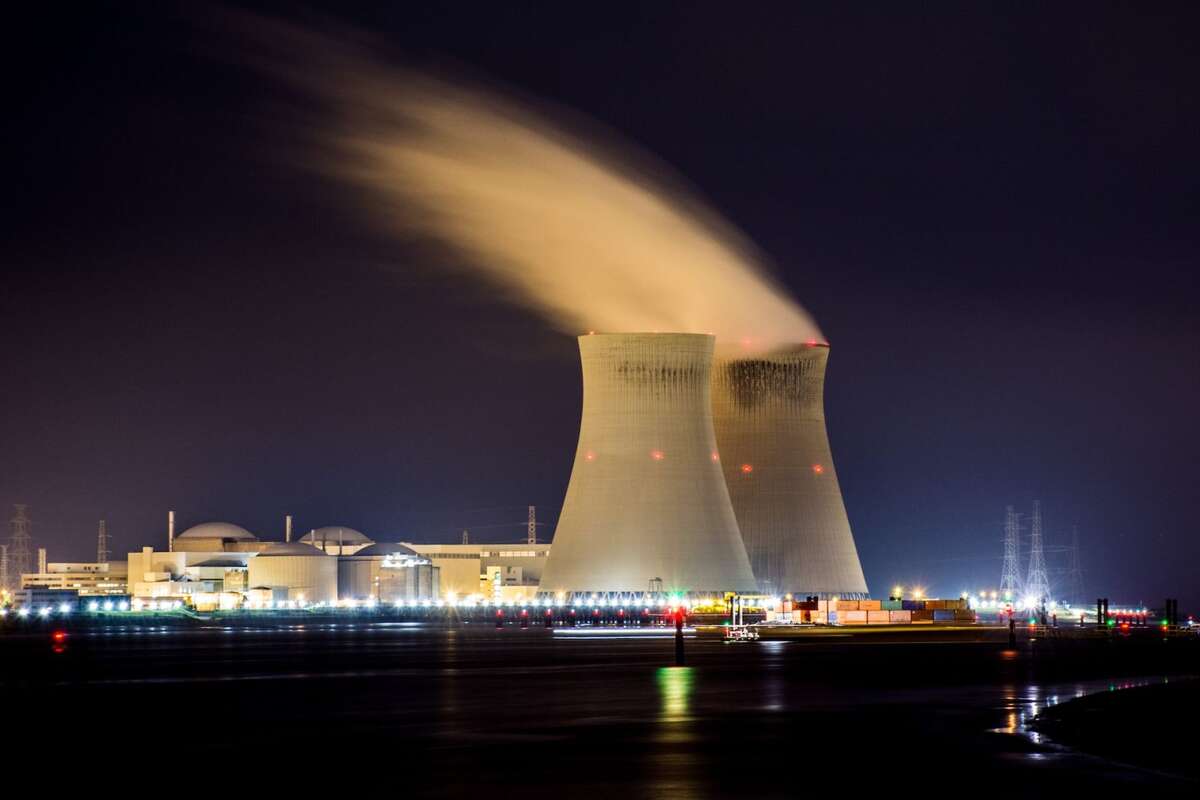For decades, oil and gas have plagued environments worldwide with pollution, greenhouse gas emissions and poisonous byproducts. The recent Perenco pipeline spill highlights the need for a safe, efficient alternative. Nuclear energy has been used for decades and has gotten a bad reputation, but it may be worth considering. Here’s how these two power sources stack up to each other regarding their environmental impact.
An Oil Spill Threatens a Marine Conservation Zone
In late March 2023, the Perenco pipeline leak dumped roughly 200 barrels of reservoir fluid — a mixture containing approximately 15% oil — into Poole Harbour in England. Although emergency cleanup crews were dispatched almost immediately, it caused extensive damage.
Brownsea Island — a marine conservation zone, habitat for endangered species and an area of particular scientific interest — was also impacted by the tides. Although this incident has had substantial ecological implications, it is not particularly notable. Unfortunately, oil spills are a regular global occurrence.
Whenever oil spills happen, sea creatures suffocate, seabirds lose their buoyancy, and toxic chemicals remain on the ocean floor for years — potentially decades — poisoning coral reefs and fish. Despite the potential for such environmental disasters, most countries source most of their energy from fossil fuels.
Oil Spills and Gas Leaks Pose Environmental Threats
Thousands of oil spills happen annually worldwide. While most are only a few gallons, it only takes a single significant incident to cause catastrophic damage that will last for months, if not years. While people often consider renewables the ideal alternative, most overlook nuclear.
Nuclear power plant meltdowns have happened but are extremely unlikely. Additionally, transportation safety standards are strict. The United States has moved 2,500 radioactive fuel shipments in the last five decades without one accident. Unlike oil and natural gas pipelines, leaks do not happen.
The Environmental Impact of Oil and Gas
Even without considering spills and leaks, oil and natural gas pose a significant threat. When these substances combust, they create fossil fuel waste like fly ash. Experts estimate these airborne fine particulates cause over 10.2 million fatalities annually. In addition, they harm the environment.
Oil and natural gas combustion also produces methane — a substance that is 80 times stronger than carbon dioxide regarding climate change. While it is not as common or long-lasting as CO2, it is much more potent in the first two years after it enters the atmosphere.
Fossil fuels are behind most of the leading emitters in every sector. A 2023 study proves that energy-related oil and gas combustion produces 15% of all greenhouse gas emissions globally. They are one of the most significant contributors to climate change humanity has ever known.
Even when nonoperational, oil and gas fields still negatively impact the planet. Globally, field operators flare 140 billion cubic meters of natural gas annually. Nonemergency flaring and venting releases potent greenhouse gases like methane and nitrous oxide into the environment.
The Environmental Impact of Nuclear Power
Nuclear is practically the opposite of oil and gas. While it is not renewable, plant workers only need to refuel every two years or so. In that time, they can power millions of homes — even entire cities.
Notably, nuclear energy operation creates no greenhouse gases. It only produces one-third of the direct lifetime emissions solar power does. While the billowing smoke coming out of the power plants looks daunting to those who are uninformed, it is only water vapor.
Admittedly, uranium mining negatively impacts surrounding ecosystems. Usually, it is more damaging than other kinds of mining because radioactive dust blows into waterways and onto surfaces. However, oil and gas drilling have similar environmental tolls.
On top of being better for the environment, nuclear power is far more efficient. A single uranium fuel pellet — which is smaller than an inch in length and diameter — produces energy equivalent to 149 gallons of oil and 17,000 cubic feet of natural gas. Energywise, these power plants are far more beneficial.
A New Understanding of Nuclear Energy
In light of recent damaging oil spills like the Perenco pipeline leak, the need for a greater understanding of nuclear power is critical. After all, the general population misunderstands it. It is safe, cost-effective and efficient — especially when compared to oil and gas.











